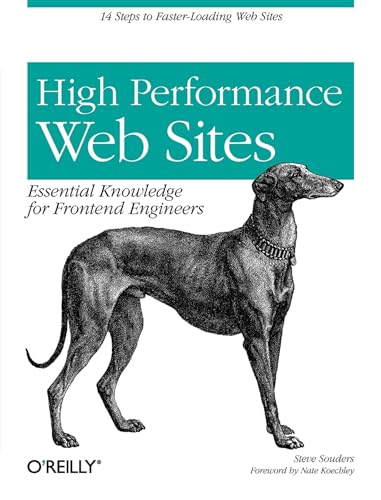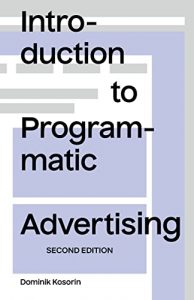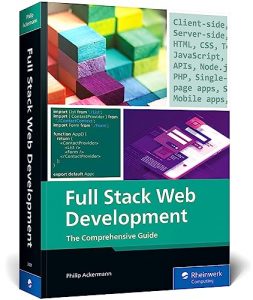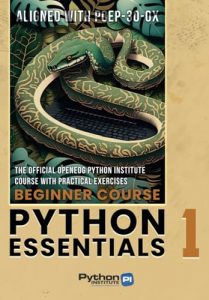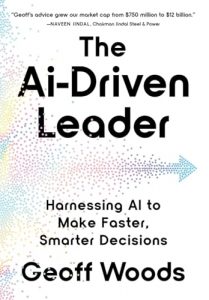Introduction to Front-End Performance
In a digital age where user experience can make or break a website, understanding front-end performance is paramount. As front-end developers, our foremost challenge is delivering seamless interactions that not only meet user expectations but also exceed them. This requires a profound grasp of performance optimization techniques and the right resources to hone those skills.
Fortunately, the market is brimming with insightful literature that digs deep into the nuances of front-end development and performance. In this blog post, we will explore a curated selection of captivating books that address various aspects of front-end performance. Whether you’re a seasoned developer or an eager learner, these resources will equip you with the knowledge to elevate your work.
Book Reviews
High Performance Web Sites: Essential Knowledge for Front-End Engineers
For anyone serious about mastering front-end performance, High Performance Web Sites should be at the top of your reading list. Authored by Steve Souders, a pioneer in the field, this book distills years of expertise into actionable insights aimed at improving website speed.
The narrative is both engaging and informative, laying out strategies such as reducing HTTP requests, optimizing assets, and leveraging browser caching—all through practical examples without overwhelming technical jargon. Souders’ experience shines through as he presents concepts that not only help in creating faster websites but also instill a culture of performance within development teams. If you wish to build web pages that load quickly and engage users seamlessly, this book is indispensable.

Frontend Performance: JavaScript & AngularJS
Frontend Performance: JavaScript & AngularJS offers an in-depth exploration of performance optimization strategies tailored specifically for AngularJS applications. As developers are increasingly adopting this powerful framework, understanding its quirks and capabilities is crucial for ensuring optimal performance.
This book provides invaluable insights into techniques such as lazy loading, code splitting, and efficient data management—all critical in reducing response times and enhancing user experience. The author’s approachable style and clear examples make complex topics accessible, positioning it as a vital resource for developers keen to refine their skills with AngularJS.

Professional Website Performance: Optimizing the Front-End and Back-End
Next on our list is Professional Website Performance, which takes a holistic approach by addressing both front-end and back-end optimization. This book dives deeply into how to create high-performing websites that function smoothly across all types of devices and networks.
The insights provided by the authors are complemented with practical examples that developers can implement immediately, helping to bridge the gap between theory and real-world applications. Whether it’s enhancing database queries or optimizing asset delivery, this book empowers readers to create a seamless, high-performance digital experience.

Advanced Front-End Development: Building Scalable and High-Performance Web Applications with React
Advanced Front-End Development is a must-read for developers looking to master React. This book highlights essential strategies and techniques for building scalable and performant web applications, providing insights into effectively managing application state and rendering.
The authors break down complex concepts, making it easier for readers to grasp the intricacies of performance optimization in React applications. The knowledge gained from this book can dramatically enhance the user experience, ensuring React applications not only function but shine in performance.

Conclusion
In a world where attention spans are dwindling, optimizing performance is a crucial skill for today’s web developers. Each of the books reviewed offers unique perspectives and essential knowledge to help you navigate this rapidly evolving landscape.
By choosing to invest time in these resources, you’re not just enhancing your technical skills; you’re also committing to excellence in the user experience.

